The Northwest Ordinance of 1787 established our nation’s first incorporated territory and the structure that would govern and guide it going forward. It’s referenced in a variety of contexts and capacities to speak both to the purpose of government and to the systems and standards that make it work.
As previously discussed here on Education America, the Ordinance speaks to topics of education and governance quite clearly, with the understanding that certain underlying realities must be in place in our nation for our system to work.

Article III of the ordinance states this:
Religion, morality, and knowledge, being necessary to good government and the happiness of mankind, schools and the means of education shall forever be encouraged.
We spoke previously to the topics of religion, morality, and knowledge as they relate to the idea of a “good” government. You can read it here.
The next part of this discussion, however, leaves us with much more to unpack. And it’s not so much a standard about best practices or legislation. It’s not a debate about methodology or pedagogy.
Look again at the phrasing of the Article. “…being necessary to good government and the happiness of mankind.” (Italics added for emphasis)
We’ve talked about government and how to talk about it as good.
But what about Happiness?
It seems that the more that time passes, the more we’re losing our definitions for words and concepts and boundaries that once seemed so simple. As our standards for truth have eroded, so have almost all of our essential definitions. Morality. History. Education.
These words don’t mean what they used to mean, because our standards have been taking on water at alarming rates — and sinking seems almost inevitable. They’re being contextualized in a way our founding fathers never would have intended — much less would have ever imagined. We’ve stopped acknowledging the actual words used by our founding fathers, and because of that, we’ve disregarded their values. We’ve redefined terms, and it’s costing us dearly.
The same traits and characteristics that are necessary for good government — according to our founders — are what are necessary for the happiness of mankind.
Religion
An acknowledgment of God and an accountability to Him.
Morality
A standard for being and for living that gives us accountability to each other and to future generations.
Knowledge
the understanding that the examination of truth ultimately produces wisdom, and wisdom always produces life.
So...what about Happiness?
Our founding fathers never imagined or conceptualized the establishment of a government or a nation that lacked happiness for its citizens. It was a government that served the people — and not the other way around. It was a system that established standards for living and being that would give people access to God-given, inalienable rights.
As our conversations about education in America’s classrooms continue, we are forced to confront a host of issues that we see rising up in the wake of our country’s drift. A blatant disregard for language like we read in The Northwest Ordinance is having implications in the most basic ways.
It’s not just the truth we’re giving up. It’s wisdom.
It’s not just our history we’re losing. It’s our future.
By removing God, morality, and knowledge, we’re removing ourselves from everything that comes with them — provision, opportunity, and joy.
Join us this weekend – or any time online – as we take the talk about our nation’s educational trajectory even deeper. And join us as we save the classroom so we can save the country.
